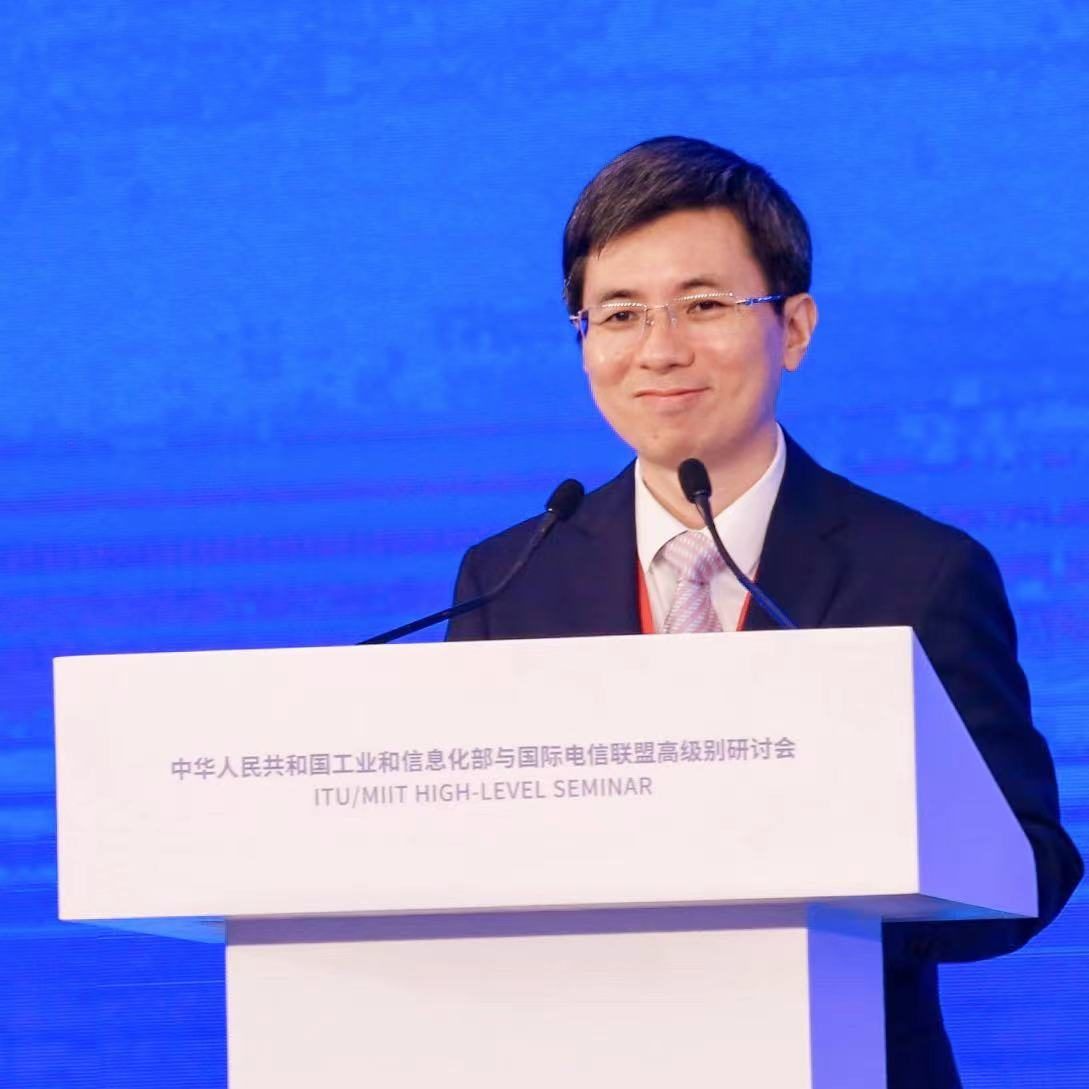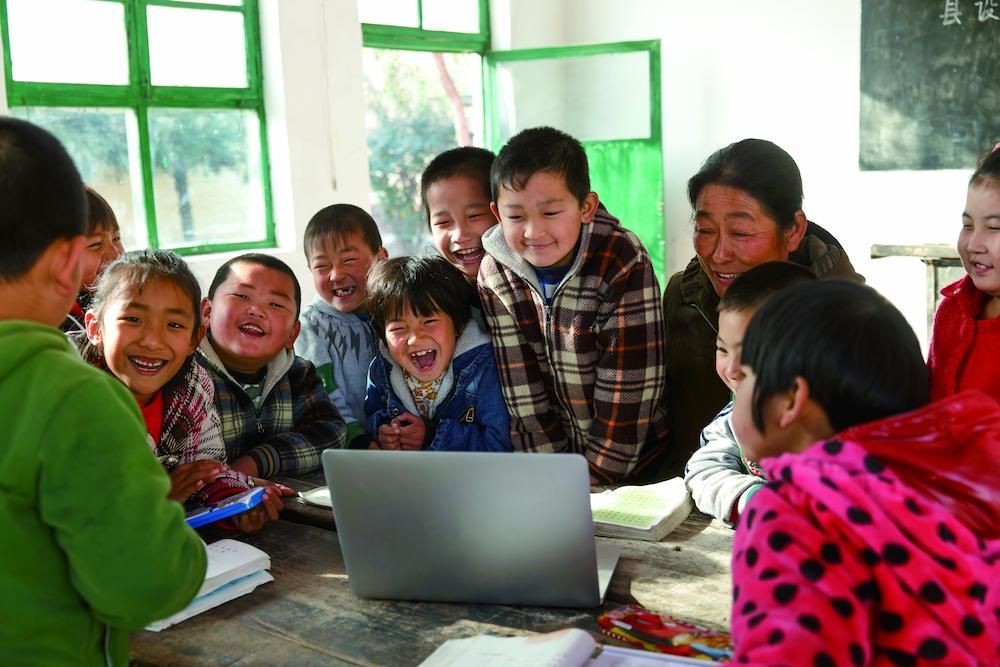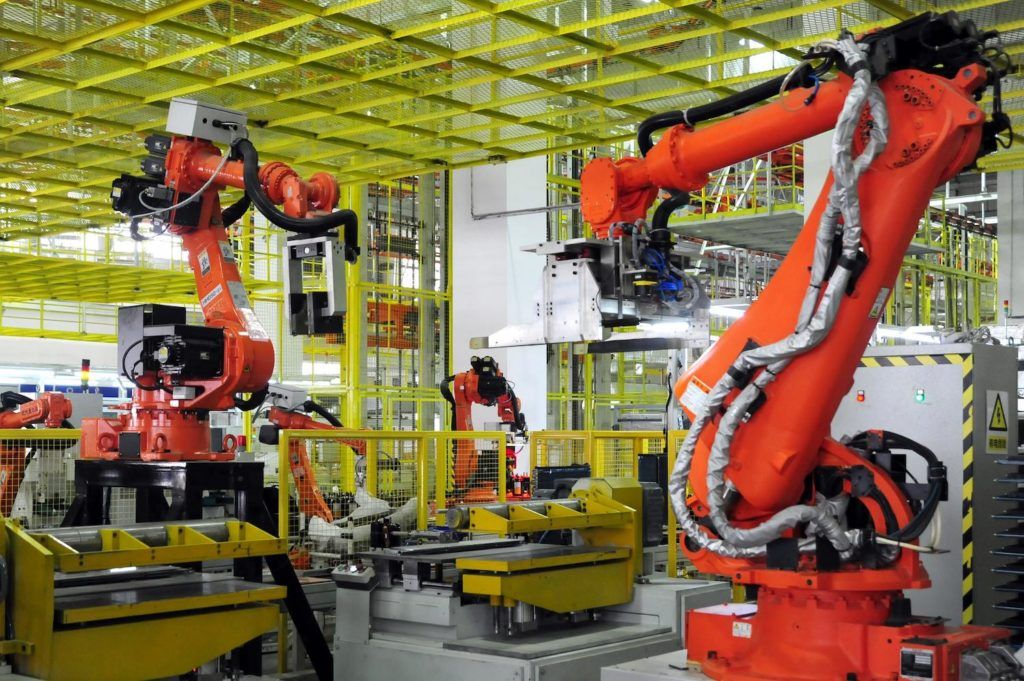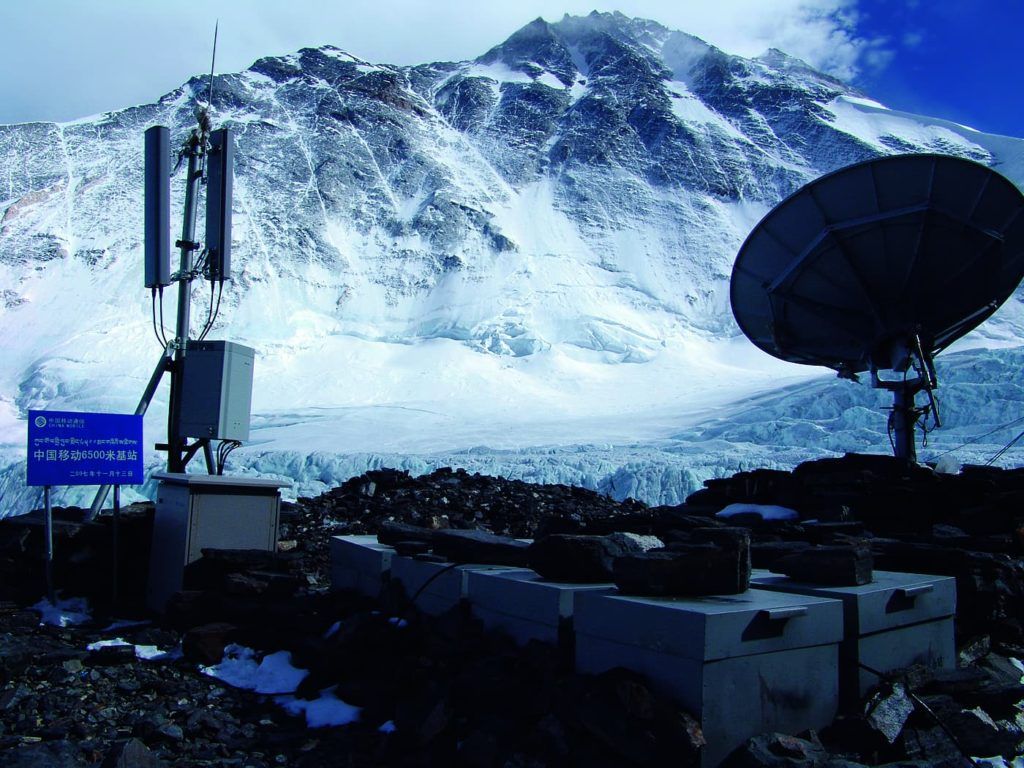
ITU’s top contributors: China
China is among the leading contributors to the annual budget of the International Telecommunication Union (ITU), with a current commitment of 25 contributory units – equivalent to CHF 6.36 million (about CNY 44.7 million or USD 6.6 million) each year.

As part of this special blog series on ITU’s top contributing Member States, ITU News interviewed Mr. Chaofeng Xu, Director General of the Department of International Cooperation of the Ministry of Industry and Information Technology (MIIT), People’s Republic of China. Mr. Chaofeng Xu previously headed the News Team of MIIT.
Why does China support ITU?
Nowadays, information technology has become a new motor for the social and economic development of all countries. As the United Nations specialized agency for information and communication technologies (ICTs), ITU dedicates itself to global ICT development and plays a crucial role in achieving the United Nations 2030 Sustainable Development Goals.
The Chinese government attaches great importance to the work of ITU.
As a veteran member of the ITU Council, the Chinese Administration actively participates in the making of ITU standards, management of communication resources, and coordination of policies, as well as providing support in terms of funds, technology, and capacity building.
We are glad to see that, under the leadership of Secretary-General Mr Houlin Zhao, ITU has achieved a series of milestones in the past eight years, with its membership ever increasing and cooperation with Member States and relevant international organizations steadily deepening.
We hope ITU will continue performing its duties and fulfilling its mission, making a greater contribution to global interconnectivity and digital transformation.
How does the work of ITU relate to your strategic initiatives in the broad field of ICTs?
In recent years, China has implemented an ICT development strategy, improved its digital infrastructure, accelerated the nurturing of new business forms and models, promoted digital industrialization and the digitalization of industries, with positive results.
In my opinion, ITU has contributed to China’s ICT strategic initiatives in three ways:
- Firstly, ITU pays close attention to promoting global network interconnectivity, encourages its Member States and industry to strengthen cooperation, and provides a platform for carrying out broad cooperation among countries to promote the construction of digital infrastructure.
- Secondly, ITU actively promotes innovation in digital technology by creating ICT standards and organizing activities that facilitate the exchange of views among industry players.
- Thirdly, ITU and other UN agencies have strengthened cooperation in areas such as digital economy and digital governance, helping members, including China, to better meet the challenges that accompany digital transformation.
What specific benefits do you see from your work with ITU, and which ITU activities are most relevant to your country?
China acknowledges the importance of ITU in the development of the global ICT industry. Therefore, its government, enterprises and research institutions are actively involved in ITU’s radiocommunication, standardization, and telecommunication development work.
We pay close attention to ITU activities that facilitate ICTs playing a key role in the digitalization of our economy and society.
Such activities include: strengthening international standards for emerging digital ICT infrastructure; advancing the development, application and deployment of international standards in the fields of artificial intelligence (AI), cloud computing, quantum communication, transmission networks and optical communication; enhancing the consistency, reliability and security of ICT systems and networks; and working with other UN agencies to combat the coronavirus disease (COVID-19) epidemic, provide early warning of natural disasters, build up modern agriculture, and so on.
We fully support and actively participate in ITU’s efforts to help developing countries achieve universal access and bridge the global digital divide.
This includes rolling out projects aimed at deepening cooperation with developing countries, encouraging those countries to build ICT infrastructure and interconnectivity; focusing on new technologies and new business forms, such as industrial Internet, autonomous driving, and smart cities; carrying out capacity-building activities in the field of emerging technologies; exchanging information on experiences and practices in digital transformation; and sharing the dividends of digital development around the globe.
Can you provide some examples of how new and emerging ICTs are helping to drive sustainable development in your country, your region, or around the world?
In recent years, China has adhered to a new development concept, which emphasizes innovation, coordination, green growth, openness and sharing; actively advancing an all-round integration of ICTs into the economy and society; and accelerating the formation of an innovative, inclusive, and sustainable development model while making progress in many other fields.
For example:
Poverty alleviation through ICTs: The Chinese government values the role that ICTs play in poverty eradication and is constantly finding new avenues for poverty eradication and for regional development in the digital age, aiming to enhance the inclusiveness of social and economic development and to help China achieve the historic feat of eradicating absolute poverty.
At the same time, China is managing to harmonize the implementation of five major projects: (1) expanding network coverage; (2) building up rural e-commerce; (3) providing online education support; (4) offering information services; and (5) improving public welfare through ICTs.

Energy saving, emission reduction and carbon reduction: Energy conservation and carbon reduction in sectors such as industry, transport, construction, and agriculture are key to achieving green, low-carbon development.
Recently, the continuous integration of China’s ICTs with production technologies for other industries has transformed the country’s industrial sector – (as well as the manufacturing, marketing, logistics and recycling services) – into a digital, smart, and green sector.
At the same time, it has made production more efficient and precise, while reducing energy use and carbon emissions.
Information consumption: With faster integration of ICTs into society, the information consumption patterns, such as e-government, online medical service, teleworking and online shopping, have penetrated different parts of our life, including clothing, food, housing and transport, and become one of the areas with the most dynamic innovation, the fastest growth, and the most extensive penetration. Information consumption has created a large number of employment opportunities, provided a convenient way for vulnerable groups to obtain high-quality social services and public resources, and played an important role in enhancing people’s well-being and improving their livelihood.
What do you see as the main ICT industry trends in China?
In the future, China’s information and communication industry will continue to follow an open approach that focuses on integration and innovation.
ICT technologies such as 5G, AI, advanced computing, and information networks will accelerate integrated innovation, and network security will expand to the digital domain. This will serve the manufacturing, energy, agriculture, medical and other sectors.
The ICT industry will be more open, better, and faster, enabling the digital transformation of industry and promoting the healthy and rapid development of the digital economy.

Moving forward, the ICT industry will continue to focus on digitalization, smartness, and green development in areas such as infrastructure, technology, integrated applications, people’s livelihoods, and digital governance, bearing in mind the overarching aims of promoting economic development and social progress and improving quality of life.
Which issues should ITU address as its highest priorities in the coming years?
Concentrating on the implementation of the World Summit on the Information Society (WSIS) outcome and the 2030 Agenda for Sustainable Development, as well as achieving the overall goal of universal interconnectivity and sustainable digital transformation advocated by ITU, it is suggested that ITU prioritize the following issues:
- Accelerate the building of global information and communication network infrastructure, improve interconnectivity and help developing countries enhance their ICT levels.
- Play a bigger role in the fair use of digital technology and technological standardization in the digital field.
- Promote harmonized allocation of spectrum for International Mobile Telecommunications (IMT) worldwide and advocate for the fair, reasonable, efficient, and economical use of the radio spectrum and related satellite orbits.

- Improve access to, and the accessibility of, telecommunications and ICTs for people of different genders, ages, and income levels in all countries and regions, as well as for those living in rural and remote areas or indigenous communities, persons with disabilities, and persons with specific needs, so as to narrow the digital divide.
- Work with other UN agencies in areas such as digital governance to help Member States build trust and confidence in the use of telecommunications/ICTs.
- Continue to set up an open and fair international ICT exchange platform, creating conditions for countries to continuously strengthen communication, reach consensus, and deepen cooperation.
- Intensify capacity building, improve digital technology skills and human resources in developing countries, and ensure all countries can share in the dividends of digital development.
How should ITU evolve to meet the changing needs of the ICT industry?
A new round of scientific and technological revolution and industrial transformation has begun information technology is advancing every day, digital transformation is accelerating in all aspects and new technologies, sectors and models are developing rapidly. We expect ITU to keep pace with the times and play a greater role in ICT development around the globe.
We suggest that ITU give full play to its advantages, not only in traditional fields such as radiocommunication, standardization, and telecommunication development, but also in expanding its current work in the digital economy and AI.
It should continue to strengthen cooperation with other international organizations, encourage small and medium enterprises to participate in its work, be open and inclusive, maintain development vitality, and further improve its operational efficiency, effectiveness, and transparency.
Learn more in the backgrounder on how ITU is funded.
